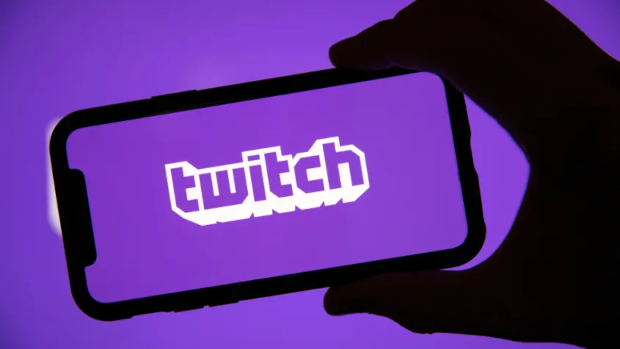
Under the influence
According to Québécois website Casinos en Ligne (I may live in France, but I will leave readers to figure out the translation themselves), the total number of Twitch streamers plunged by more than 1.5 million in 2022. This represents a total drop of 2.86 million online video game streamers compared to an all-time peak in January 2021, it claims. Total time spent watching Twitch is also down, it said, by some 15% year-on-year.
Of course, these numbers cannot be taken as gospel. After all, they did come attached to a press release from a website that appears to be attempting to flog online gambling to Canadians, which strikes me as a fairly niche audience.
It’s not the only one, though.
Influencing whom?
One of the strangest things I saw online, I think it was in the early days of lockdown, was an Irish influencer defending themselves for receiving sponsorship from, of all things, a chocolate bar delivery service.
There’s nothing strange about influencers grabbing cash from sponsors, of course. Freed from the ethical constraints of journalism, today’s ‘content producers’ don’t so much blur the line between advertising and editorial (something the press itself does in the form of untagged ‘special features’, let it be noted), as merrily dance over it. Influencers, especially American ones, often don’t even seem to understand that there is a tension between commercial and informational material. Even the sponsored messages voiced by YouTube hosts make me wince, frankly, though I know the practice has long been common on US radio.
No, what struck me as strange was the very concept of an Irish influencer. An influencer in Ireland who addressed an international audience, that I could understand just fine. But seeking to influence Irish people seemed to be an exercise in ploughing a rather narrow field, so to speak. Given a population of just under seven million, north and south, it is safe to say that multi-million euro ad campaigns from the likes of Clarins and Gucci are thin on the ground.
Chocolate bars it is, I suppose. What I still can’t figure out is how anyone could parlay that kind of sponsorship into a career. But what do I know? The wider celebrity culture itself has passed me by, let alone its mini me online clone. Nevertheless, as with the fanciful ideas that ‘citizen journalism’ could replace paid hacks reporting on things not of their own choosing, the fact remains that most people have neither the desire nor the time to be ‘creators’.
Podcast fatigue, too, is also setting in. For a start, there is simply too much media out there, no reliable way of finding it. A recent poke at podcasts by Peter McGann illustrates a further problem: it is hard to keep churning things out, doubly so if it has to be interesting or novel. (Just ask this website’s long-suffering editor, who not only has to put up with me riding weird hobby horses, but filing late to boot).
Personally, I say good luck to anyone who wants to get into the game. I myself watch plenty of YouTube videos, and there is something wonderful about the fact that there are now channels dedicated to topics as niche as plumbing tips, make-up tutorials and even mechanical keyboards (imagine pitching that to a television executive).
It is hard to escape the feeling that our Canadian casino website friends are right, however. Despite the The State of Influencer Marketing 2023: Benchmark Report saying that “creator and influencer marketing appear to be more important than ever for connecting brands with their target customers”, it is hard to escape the feeling that, freed from pandemic-era restrictions, people have more than enough to be getting on with other than watching Internet videos 24/7.
Indeed, despite the amount of content continuing to grow, the rate of growth is showing signs of slowing, the report said:
We asked our respondents whether they had increased content output over the last two years. A sizable 71% of them admitted to having upped the amount of content they produced. This is, however, noticeably down on last year’s 84%.
It seems like playtime is over.








Subscribers 0
Fans 0
Followers 0
Followers